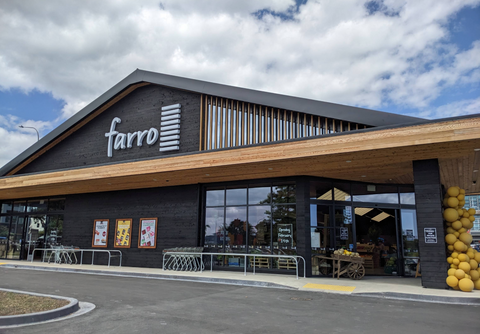Here at Telegraph Hill we love all the fascinating insights about Extra Virgin Olive Oil (EVOO).
Here's some information on how EVOO and olive trees positively impact the environment.
Olive trees are truly remarkable. As evergreen trees, they continuously sequester carbon throughout the year, making them excellent carbon sinks. Research has shown that EVOO production plays a crucial role in capturing atmospheric carbon dioxide and storing it in the soil.
Let's look into the numbers. The International Olive Council estimates that for every liter of EVOO produced, approximately 10.65 kg of carbon dioxide (CO2) is captured from the atmosphere. That's quite an impressive feat! When you consider the bigger picture, one hectare of an average olive grove can neutralize the annual carbon footprint of an individual. On a global scale, the olive industry effectively absorbs emissions equivalent to that of a city with 9 million people every single year.
On the flip side, other mainstream cooking oils, like refined vegetable oils, don't provide the same environmental benefits. This makes EVOO stand out as the better choice for those who care about reducing their carbon footprint and supporting sustainable practices.
By opting for Extra Virgin Olive Oil in your kitchen, you're not only indulging in its delicious flavor but also making a conscious choice to support an oil that acts as a carbon sink. It's a small but meaningful step toward a greener future.
Enjoy in your culinary creations while knowing you're making a positive contribution to our planet.
The information in this blog has been sourced from page 35 in this article






